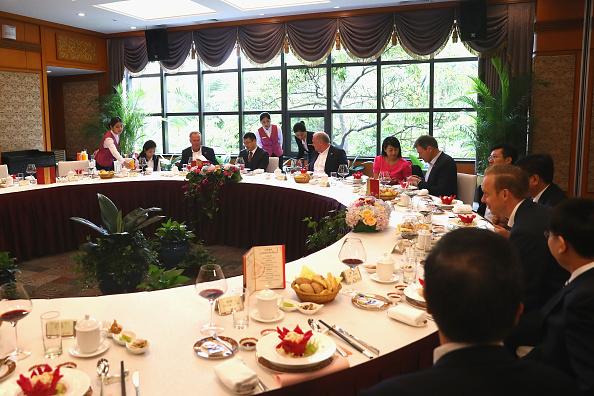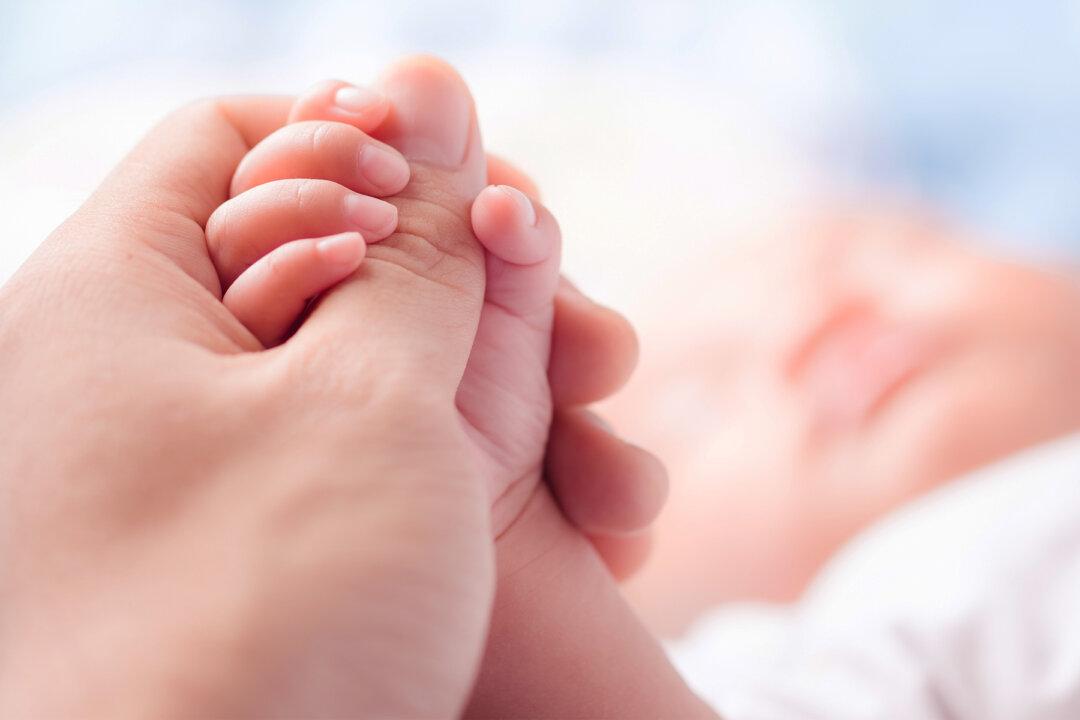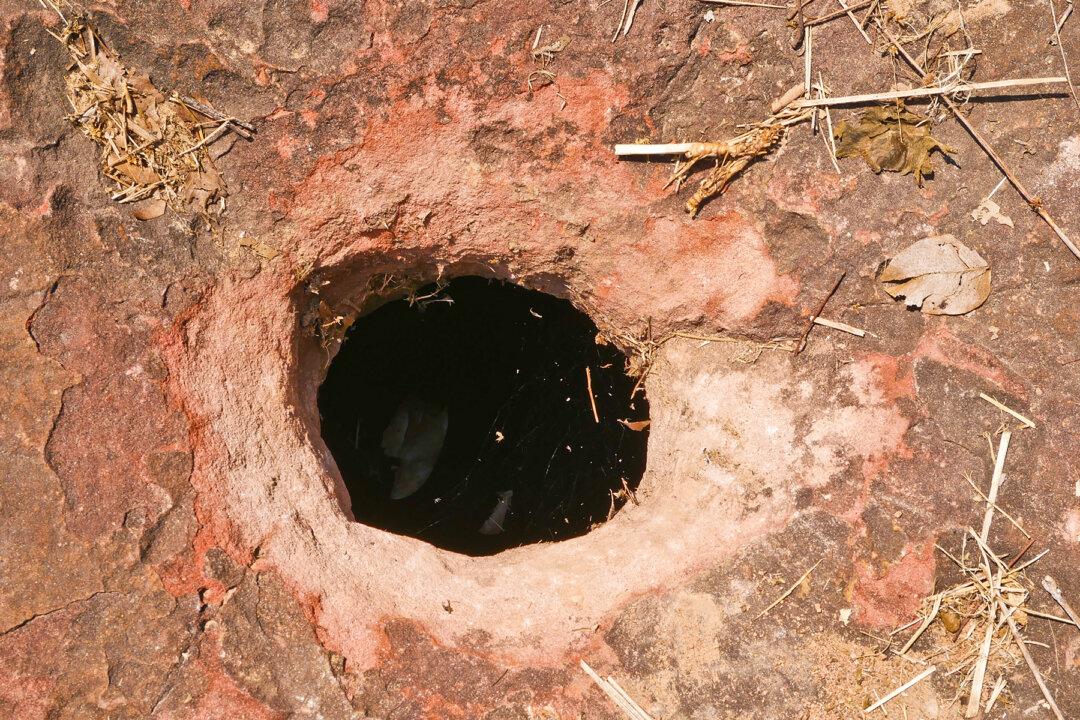The Chinese Communist Party (CCP) has “secret bases” around the country that provide food supplies exclusively for high-level officials in the central government, according to a report by a Hong Kong newspaper.
Apple Daily reported on May 1 that special food supplies for the top leadership are gathered from farms maintained by the military, armed police, and farm authorities spread out among 13 provinces, municipalities, and autonomous regions. Local city and county officials have also set up their own “tegong,” or special supply, to provide themselves with safe food.




